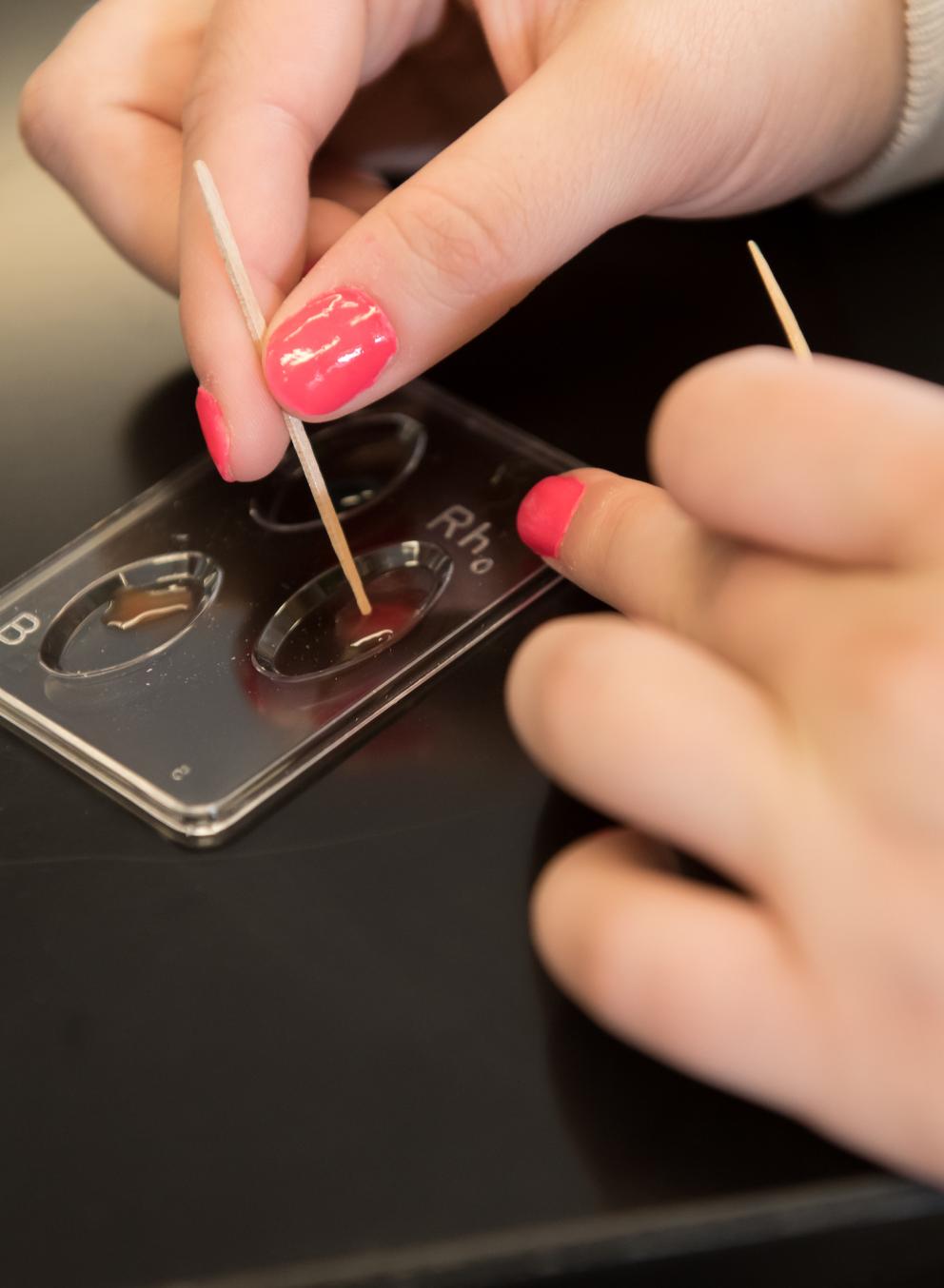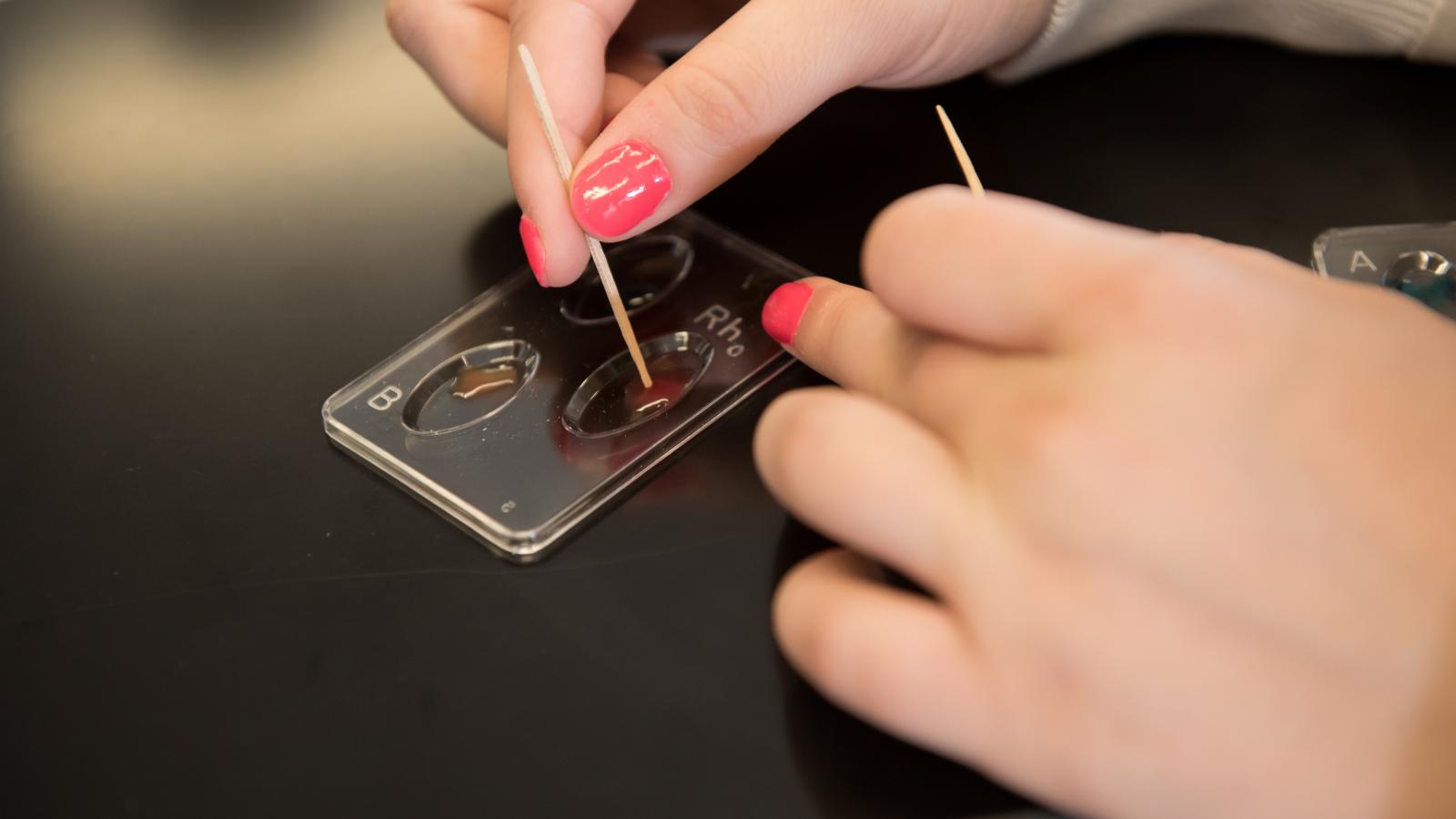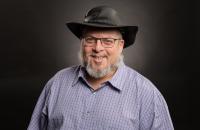Overview
The Biology and Toxicology Department at Ashland University prepares students for careers in scientific exploration and application. Our students work closely with faculty both in the classroom and research labs. Our faculty/student research projects have been supported by more than $1 million in federal funding since 1997.
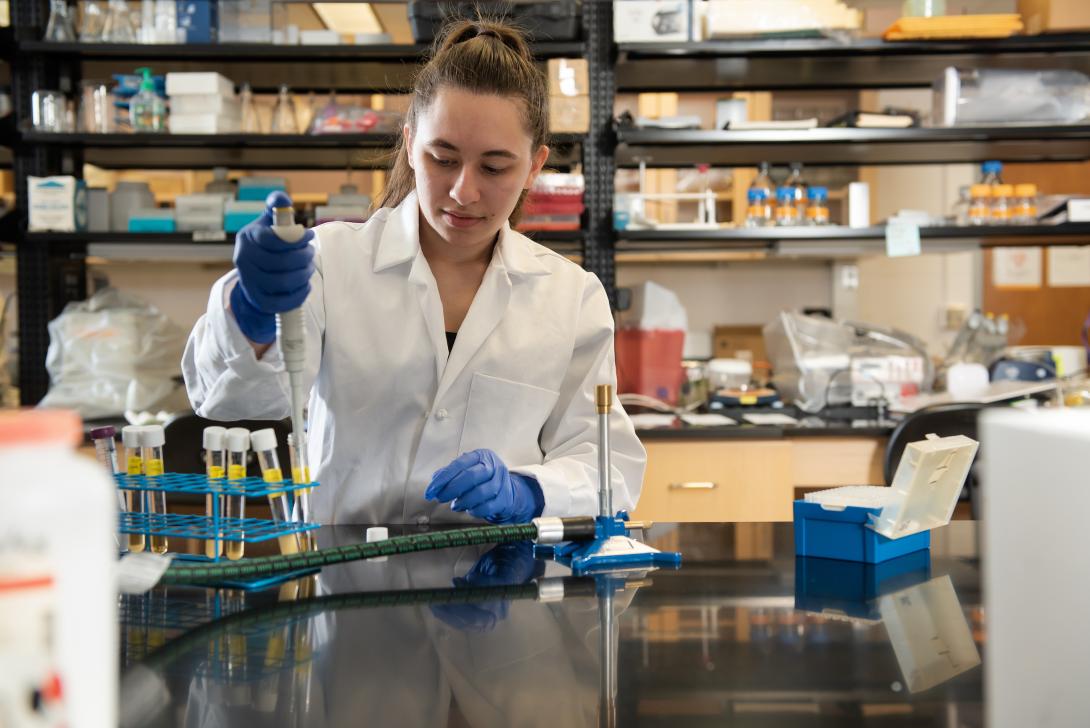
When you choose a Biology or Toxicology major at Ashland University, you join a program on the forefront of scientific exploration with:
- Outstanding facilities and research equipment
- Access to five area nature preserves
- Strong pre-professional programs
- Opportunities to work with your professors on scientific research projects
Graduates of this program have a high success rate entering medical and other health-related professional programs, as well as admission to prestigious graduate programs.
Explore our programs to find the one best suited to your career objective.
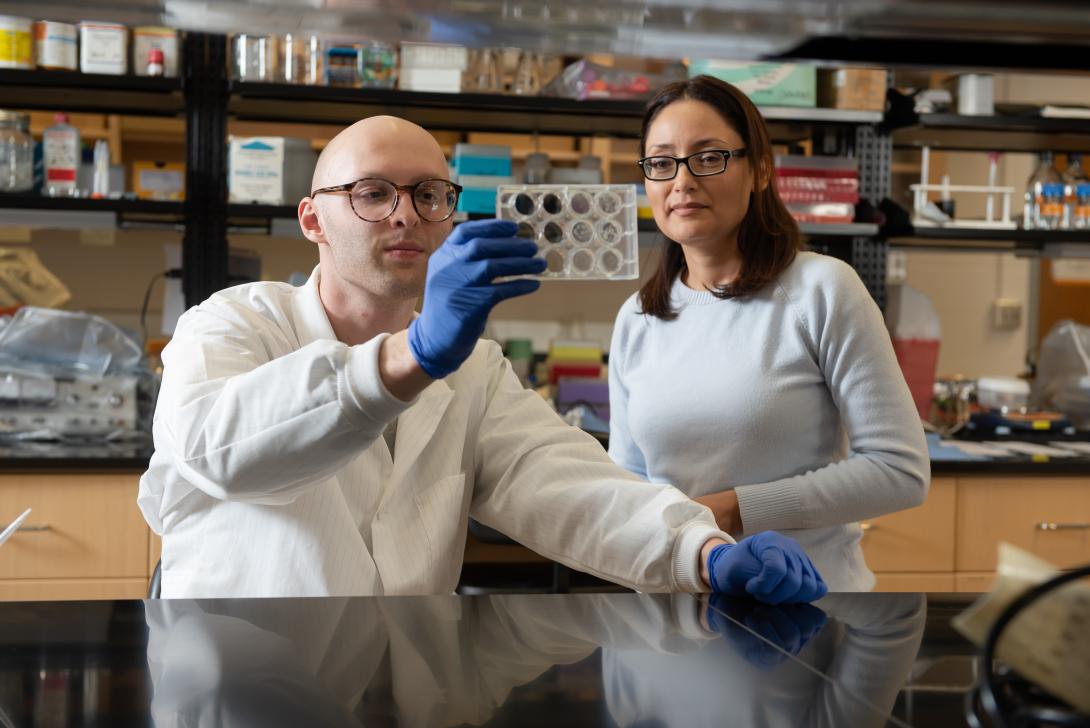
Scholarships

Ashland University has been awarded a grant from the state of Ohio to provide Choose Ohio First Scholarships to outstanding students with interests in the natural and physical sciences. These scholarships support academically strong students who plan to continue to graduate school, health-related professional programs or employment in STEM industries after completing a bachelor’s degree.
AU Dean's Scholarship
The Dean's Scholarship was created to enhance the undergraduate academic experience for new first-time and transfer students enrolled in a major within the College of Arts & Sciences. It is a merit-based, renewable scholarship that can be "stacked" on top of other awarded AU academic scholarships. In addition, students have the opportunity to participate in unique academic communities with a focus on career coaching and preparation.
Ohio EPA Scholarship
These merit based, nonrenewable scholarships will be given to undergraduate students enrolled at an Ohio public or private college/university who can demonstrate their knowledge and commitment to careers in environmental sciences or environmental engineering. Students must be entering their Junior or Senior year. Awardees will be selected by the Academy appointed panel.
